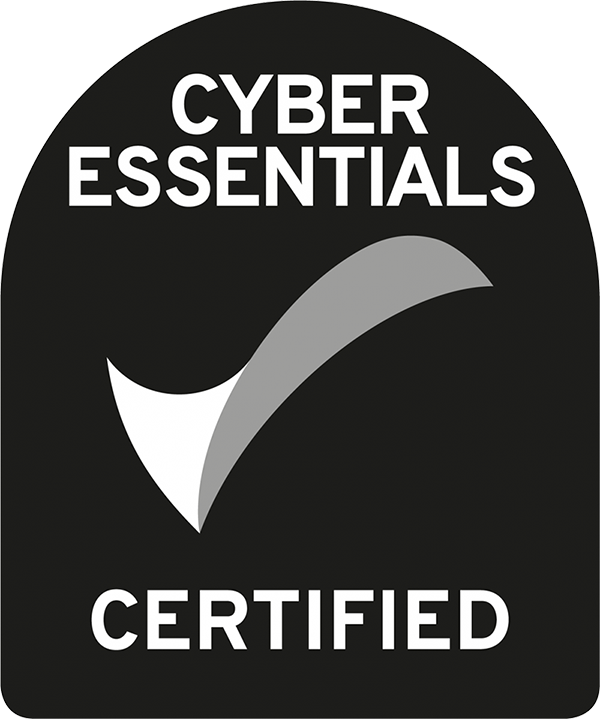The General Data Protection Regulation (GDPR) is a legal framework that sets guidelines for the collection, processing, and storage of personal data of individuals within the European Union (EU). It affects businesses of all sizes that operate within the EU or process the personal data of EU citizens. GDPR compliance is essential to protect individuals’ rights and privacy, and failure to comply can result in hefty fines.
To be GDPR compliant, businesses must take several steps, including:
- Understand the GDPR regulations and how they apply to your business.
- Identify all personal data you collect and process, including its source, who you share it with, and how long you retain it.
- Develop a data protection policy outlining how you collect, use, and protect personal data.
- Appoint a Data Protection Officer (DPO) or a person responsible for data protection compliance.
- Ensure that all employees are aware of the GDPR regulations and their responsibilities regarding personal data.
- Obtain consent from individuals before collecting or processing their personal data.
- Ensure that personal data is accurate and kept up to date.
- Provide individuals with access to their personal data and the right to request erasure, rectification, and portability of their data.
- Ensure that all third-party data processors are GDPR compliant and have the necessary safeguards in place.
- Conduct regular privacy impact assessments (PIAs) to identify and address risks associated with personal data processing.
- Implement technical and organisational measures to protect personal data from unauthorised access, disclosure, and accidental or unlawful destruction or loss.
- Establish a data breach response plan to identify, contain, and mitigate data breaches in a timely manner.
- Report any data breaches to the relevant supervisory authority within 72 hours.
- Obtain explicit consent from individuals before sending them direct marketing communications.
- Ensure that all direct marketing communications include an opt-out mechanism.
- Consider implementing pseudonymisation or encryption of personal data to reduce the risk of unauthorised access or processing.
- Limit the amount of personal data you collect and process to only what is necessary for the intended purpose.
- Monitor and regularly review your GDPR compliance and update your policies and procedures as necessary.
- Provide GDPR training to employees to ensure they understand their responsibilities and obligations regarding personal data.
- Consider working with a GDPR consultant, like Elated Consulting, to ensure your business is compliant and stays up to date with GDPR regulations.
Being GDPR compliant is not only a legal requirement but also a best practice for businesses that want to build trust with their customers and protect their reputation. Elated Consulting can help businesses become GDPR compliant by conducting a thorough data audit, developing a GDPR compliance plan, providing employee training, and implementing appropriate technical and organizational measures to protect personal data. With the help of Elated Consulting, businesses can ensure that they comply with GDPR regulations and avoid costly fines while protecting their customers’ privacy and building trust.

